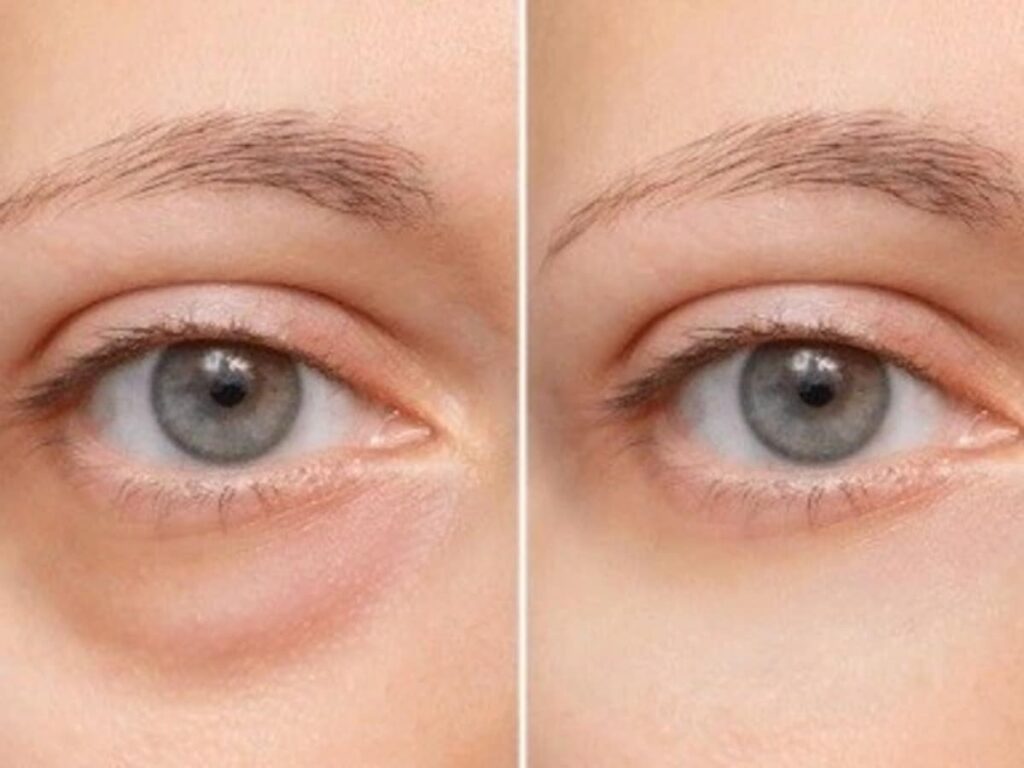Swelling and puffiness in the face can often be overlooked, but they can signal underlying health issues that require attention. This article explores the various causes of facial swelling, the associated health risks, and effective strategies for treatment and prevention. Understanding these factors can help individuals take proactive measures to maintain their health and well-being.
Common Causes of Facial Swelling
Allergic Reactions
Allergies to foods, medications, or environmental factors can lead to facial swelling. Common allergens include pollen, insect stings, shellfish, and nuts.
Infections
Infections such as sinusitis, dental abscesses, or skin infections may cause localized swelling. These infections often require medical treatment to prevent complications.
Fluid Retention
Fluid retention, or edema, can occur due to various factors, including high salt intake, hormonal changes, or medical conditions like kidney disease or heart failure. This can lead to noticeable swelling in the face, particularly around the eyes.
Inflammatory Conditions
Conditions such as lupus or rheumatoid arthritis can cause systemic inflammation, resulting in facial puffiness. Early diagnosis and treatment are crucial in managing these conditions effectively.
Diet and Lifestyle Factors
Diet plays a significant role in facial swelling. High sodium foods can lead to water retention, while excessive alcohol consumption can cause dehydration, leading to swelling. Lack of sleep and high-stress levels can also contribute to puffy faces.
How to Address Facial Swelling
Home Remedies
Several home remedies can help alleviate facial swelling. These include:
- Applying a cold compress to reduce inflammation.
- Staying hydrated to flush out excess sodium and toxins.
- Elevating the head during sleep to minimize fluid accumulation.
Dietary Changes
Making adjustments to your diet can also help reduce swelling. Consider the following:
| Food Type | Benefit |
|---|---|
| Fruits and Vegetables | High in water and antioxidants, helping to reduce inflammation. |
| Low-Sodium Foods | Reduces fluid retention and bloating. |
| Herbal Teas | Diuretic properties that help flush out excess fluids. |
Medical Treatment
If facial swelling persists or is accompanied by other symptoms, it is essential to seek medical advice. Healthcare providers may prescribe medications, including antihistamines for allergies or corticosteroids for inflammation.
When to Seek Medical Attention
It’s important to monitor facial swelling closely. Seek immediate medical attention if you experience:
- Severe swelling that appears suddenly
- Difficulties in breathing or swallowing
- Swelling accompanied by fever or rash
- Persistent swelling that does not improve with home care
In conclusion, while a puffy face can be a temporary cosmetic concern for many, it can also indicate more serious health issues. By understanding the underlying causes, implementing preventive measures, and seeking timely medical attention when necessary, individuals can effectively manage facial swelling and maintain their overall health. Taking proactive steps to address this condition is crucial for long-term well-being.
